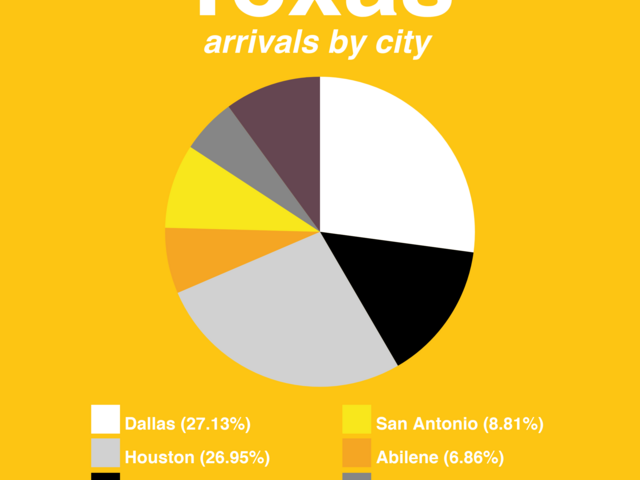
"They are going to learn the treatment of the minor illness, first aid training, and vaccination, nutrition, and chlorination of the water," said IRC's clinical manager Dr. Hnin Phyu.
More than 100,000 Burmese who fled decades of conflict in eastern Myanmar live in temporary shelters across the border in Thailand. The IRC has provided programmes and services, including healthcare, to displaced Burmese in Thailand since 1992.
VIDEO TRANSCRIPT
Ban Mai Nai Soi Temporary Shelter, Thailand
Title: More than 100,000 Burmese who fled decades of conflict in eastern Myanmar live in temporary shelters across the border in Thailand.
Maw Mee Meh, shelter health staff: I have been living here for fourteen years. I have worked in the Maternal and Child Health Clinic for eleven years.
Title: The IRC has provided programs and services, including healthcare, to displaced Burmese in Thailand since 1992. This is done in part by training community members to deliver healthcare within their own communities.
Title: Today, over 250 Burmese health workers in Thailand are enrolled in the IRC’s new public health training program.
James Lenton, IRC deputy director of programs: For the first time we are providing an academically accredited training program for displaced Burmese living here in Thailand.
Dr Hnin Phyu, IRC clinical manager: We are training the health workers for the Certificate of Public Health training. They are going to learn the treatment of the minor illness, first aid training, and vaccination, nutrition, and chlorination of the water. IRC teacher in-scene sound-up: You need to mix two spoons in order to get seven grams.
Khun Phannathorn Charoenkul, Thai Red Cross Society: We don't just teach the theories but we focus on practical application of each topic. So, if they have the practical skill, they can use that skill in their country or wherever they are. The knowledge they gain will be with them and can be applied anywhere.
Title: The programme, in partnership with Thammasat University in Thailand and the University of Community Health in Myanmar, culminates in certification that will be officially recognized by Myanmar and enable graduates to work in the health field there.
James Lenton: They are going to have their skills recognized and be able to return to Myanmar and provide healthcare for their communities.
Dr Hnin Phyu: On the other side of the border there are too few health care professionals trained, and not too many of them are willing to work in the remote areas, and there are high incidences of preventable communicable diseases, malnutrition and low vaccination rates.
Dr. Cynthia Maung, Mae Tao Clinic: The health worker accreditation is very important step to improve the health care systems in the remote villages.
Maw Mee Meh: If one day we return home, in places that do not have much access to health care, I would like to improve their health status and provide health care to them.
Learn more: Rescue-uk.org/Thailand
Title: Filmed with the support of the Royal Thai Government.
Title: Project supported by the the European Union and ACE Charitable Foundation.